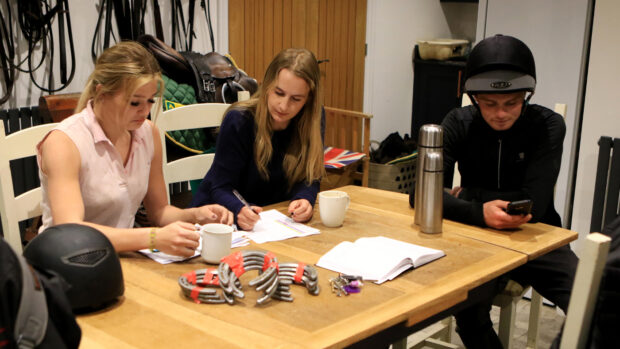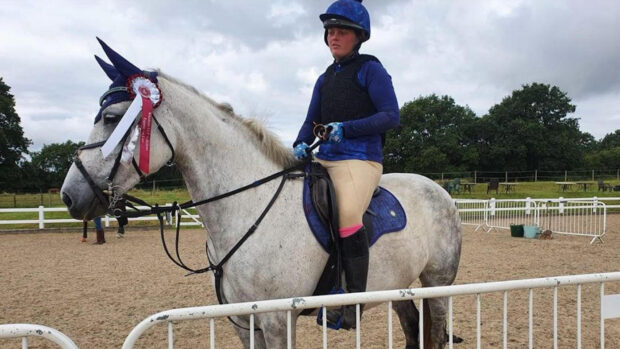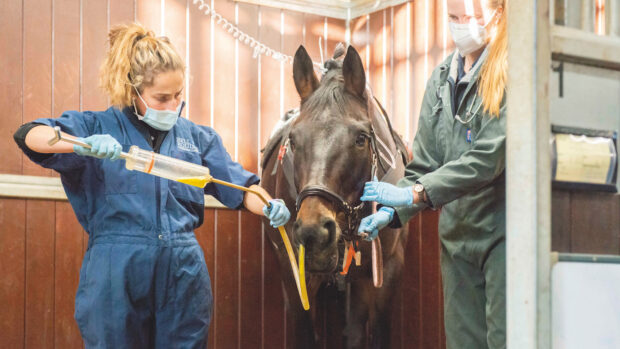A traffic accident has highlighted the need for small animal vets to act when horses require immediate veterinary attention.
Last month a horse suffered fatal injuries and needed to be euthanased after it escaped on to a main road and was hit by a car in Bexley, Kent.
Wendy Tucker, who was there, told H&H that the nearest equine vet was at least a 45min drive away, so she rang two local small animal vets. But both practices refused to come and help.
“It was incredibly frustrating and very distressing for those involved,” Wendy said. “They just refused on the principle that they were ‘small animal practices’.”
The horse died from his injuries 15min later, before the equine vet could get there to offer pain relief.
Although unable to comment on the specific event, a spokesman for the Royal College of Veterinary Surgeons reiterated that, under its code of conduct, a vet should not “unreasonably refuse to provide first aid and facilitate the provision of pain relief for all other species, until such time as a more appropriate emergency veterinary service accepts responsibility for the animal”.
All UK vet schools provide veterinary tuition and training in large animal and equine disciplines, as well as small animal work.
Robin Hargreaves, president elect of the British Veterinary Association, said: “It will obviously depend on circumstances at the time. A vet with limited equestrian experience might struggle to treat a horse that is thrashing on the ground.
“I would hope that a mature veterinary surgeon would do their best to help.”
Wendy believes that it is a matter of educating local vets.
“All staff members, including the receptionists, need to be made aware of how much help they could be in an awful situation like this,” she added.





